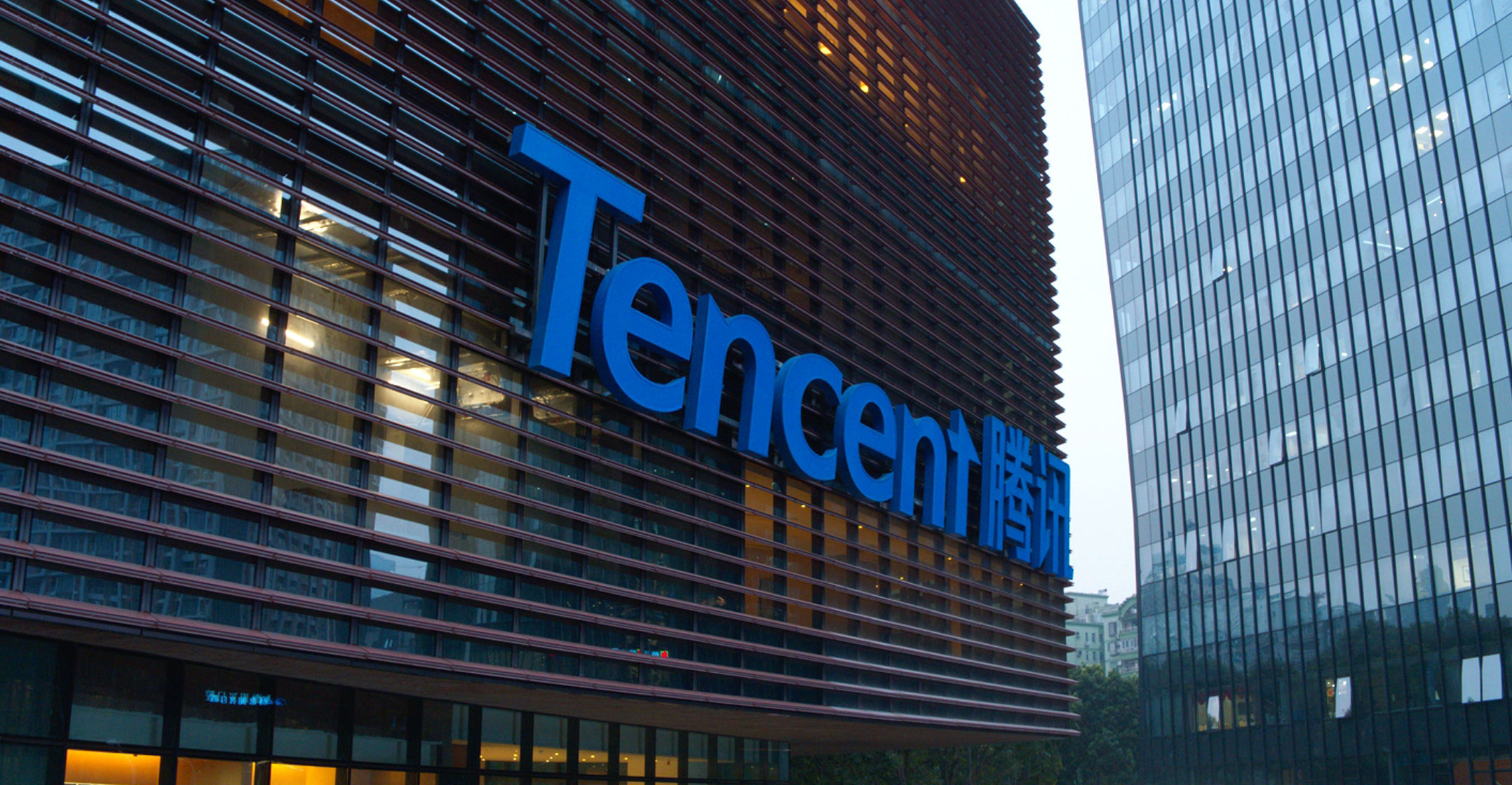 Tencent Holdings logged its first-ever decline in quarterly revenue, becoming the latest victim of a worsening Chinese economy.
Tencent Holdings logged its first-ever decline in quarterly revenue, becoming the latest victim of a worsening Chinese economy.
Revenue dipped more than 3% to C¥134-billion (R328-billion), compared to an average projection for C¥135.6-billion. Net income plunged more than 56% to C¥18.6-billion, versus the C¥25-billion estimated.
China’s social media and gaming behemoth is grappling with a deepening downturn in the world’s second largest economy, the product of a property slump and ad hoc coronavirus lockdowns from Shanghai to Shenzhen. The uncertainty is wreaking havoc on businesses from advertising to cloud computing and gaming. Alibaba Group this month reported its first quarterly revenue drop on record, though the results were better than feared.
Even before the macroeconomic turbulence, China’s giant Internet industry had resigned itself to a new era of sedate growth after a decade of free-wheeling expansion. Companies like Tencent are focusing on profitability over the market-grab of years past, after a sweeping government crackdown wiped more than US$1-trillion off their combined market value in 2021.
Beijing remains a headache for Tencent. Although regulators resumed approving games in April after a months-long hiatus intended to curb addiction, China’s premier developer has yet to win a nod for a single title this year. For now, it’s counting on ageing cash cows like Honour of Kings to spur its most lucrative business, while fighting newer hits like Genshin Impact and Diablo Immortal.
The company, which once relied on a network of investments spanning hundreds of firms to create opportunities and new markets, has since last year signalled it will begin selling down stakes in major Chinese Internet investee from e-commerce giant JD.com to Meituan.
Read: Naspers-owned Prosus to sell more of Tencent
Given the new realities, Tencent executives have said that international games, cloud software and WeChat video will be their major strategic priorities. The TikTok-style feed inside Tencent’s super app is the company’s latest hope of countering ByteDance, which is increasingly luring away users and marketing dollars.
The fintech and business services segment — which includes cloud computing — is now Tencent’s fastest growth engine. But cloud revenue suffered a mild decline after the company cut loss-making contracts and ventured into services beyond infrastructure, executives said in May.
Read: Tencent plans to offload R400-billion Meituan stake: sources
Just like Mark Zuckerberg’s Meta Platforms, Tencent is staking its claim of a possible future of the virtual realm of the metaverse. The Chinese company has revamped its ageing social app QQ with customisable 3D avatars and Unreal Engine graphics, and is hiring developers to make open-world titles. But such endeavours, along with a steady pace of investment in overseas game studios, could pressure margins before they come to fruition. — Zheping Huang, (c) 2022 Bloomberg LP




